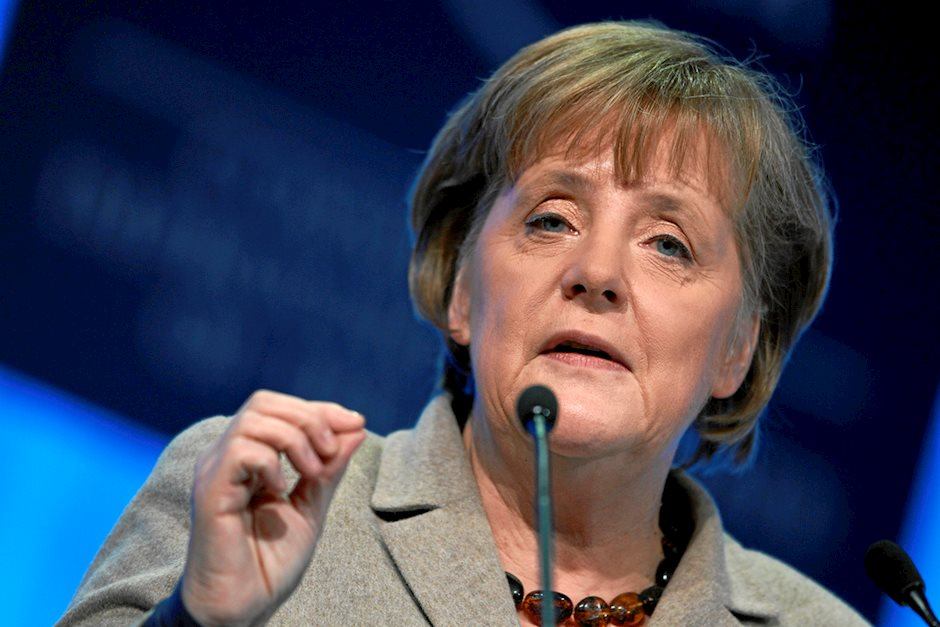Germany: Supply chains after COVID-19

The Covid-19 has had a disruptive effect on supply chains. In Germany, even though manufacturers were not directly affected by lockdown restrictions, production lines had to be closed due to shortages of essential parts supplied from China. Given the central role German manufacturers play in Europe, this also led to shutdowns in other countries. Moreover, the country discovered that it had become very dependent on China and other Asian countries for goods such as medical drugs, respirators, and personal protective equipment.
These events are likely to bring about a rethink of our production model, characterised by the breaking up of production processes, just-in time inventory, and a single supplier. The Covid-19 crisis poses important questions, such as: has the risk of supply chain disruption been sufficiently taken into account and how could supply chains be made more resilient? Finally, supply chains are largely based on a cost/benefit analysis. Other concerns such as environmental and political strategic considerations are often completely absent in delocalisation decisions. Is there a role for economic policy to correct possible market failures? However, this discussion is a bit outside the scope of this paper.
Four decades of globalisation
Over the past decades, German enterprises have been offshoring activities to low-wage countries to improve cost efficiency. Several events have contributed to this, such as the fall of the Iron Curtain, the development of container shipping, and China’s integration into the WTO.
The development of global value chains has increased the interconnectedness of manufacturing sectors between countries. Between 1991 and 2018, imports of intermediate inputs of the German manufacturing sector grew by around 5% per annum. In particular, trade with low-wage countries expanded quickly. In the early 1990s, only 3% of inputs were imported from these countries. By 2018, this had increased to almost 15%. The growth was mainly in imports from the European transition economies, growing to 8% in 2018, more than eight times as high as in early 2000 (see Stéphane Colliac (2020)) Also imports from the low wage countries in South and East Asia have increased rapidly. They amounted to 4.5% in 2018.
To what extent globalisation has continued in the past couple of years is still an open question. Using the OECD’s inter-country inputoutput tables, Baldwin and Freeman (2020b) show that countries’ total exposure (i.e. direct and indirect exposure), to each other is still increasing. By contrast, Kilic and Marin (2020) argue that the era of hyper-globalisation came to an end after the 2008/09 Global Financial Crisis owing to the subsequent rise of uncertainty that set in.
Using the OECD/WTO TiVA databank, we also note a stabilisation of Germany’s value added share in final demand at a macro level. Between 2005 (start of the series), and 2010, the German share in final demand declined 66.7 to 59.5. It remained around this level until 2015, the latest available data. During the period 2010- 2015, the share of the transition economies in Central and Eastern Europe increased to the detriment of the rest of the EU and the East and South-East Asian countries. This could indicate that companies have been shortening their supply chains, as argued by Kilic and Marin.
However, it is more likely the result of diverse trends at sector level. In the sectors textiles (D13-15), chemicals and pharmaceuticals (D20-21), and computers, electronic and electrical equipment (D26- 27), the share of German industry has gradually declined, while the countries in East and South-East Asia have strengthened their position. By contrast, manufacturers of machines and equipment (D28) have maintained their position while producers of transport equipment (D29-30) have even further strengthened their s market share. In the latter sector, companies have clearly relocated activities to Germany and the European transition economies. In 2015, the share of the East and South-East Asian countries only amounted to 3.5% in 2015 compared with almost 12% in 2010. This was probably not only due to supply chain disruptions caused by natural disasters but also to rising production costs in Asia.
Author

BNP Paribas Team
BNP Paribas
BNP Paribas Economic Research Department is a worldwide function, part of Corporate and Investment Banking, at the service of both the Bank and its customers.

















